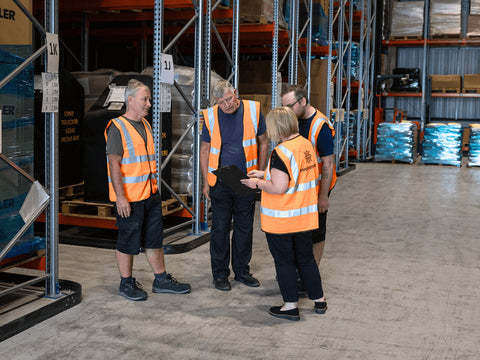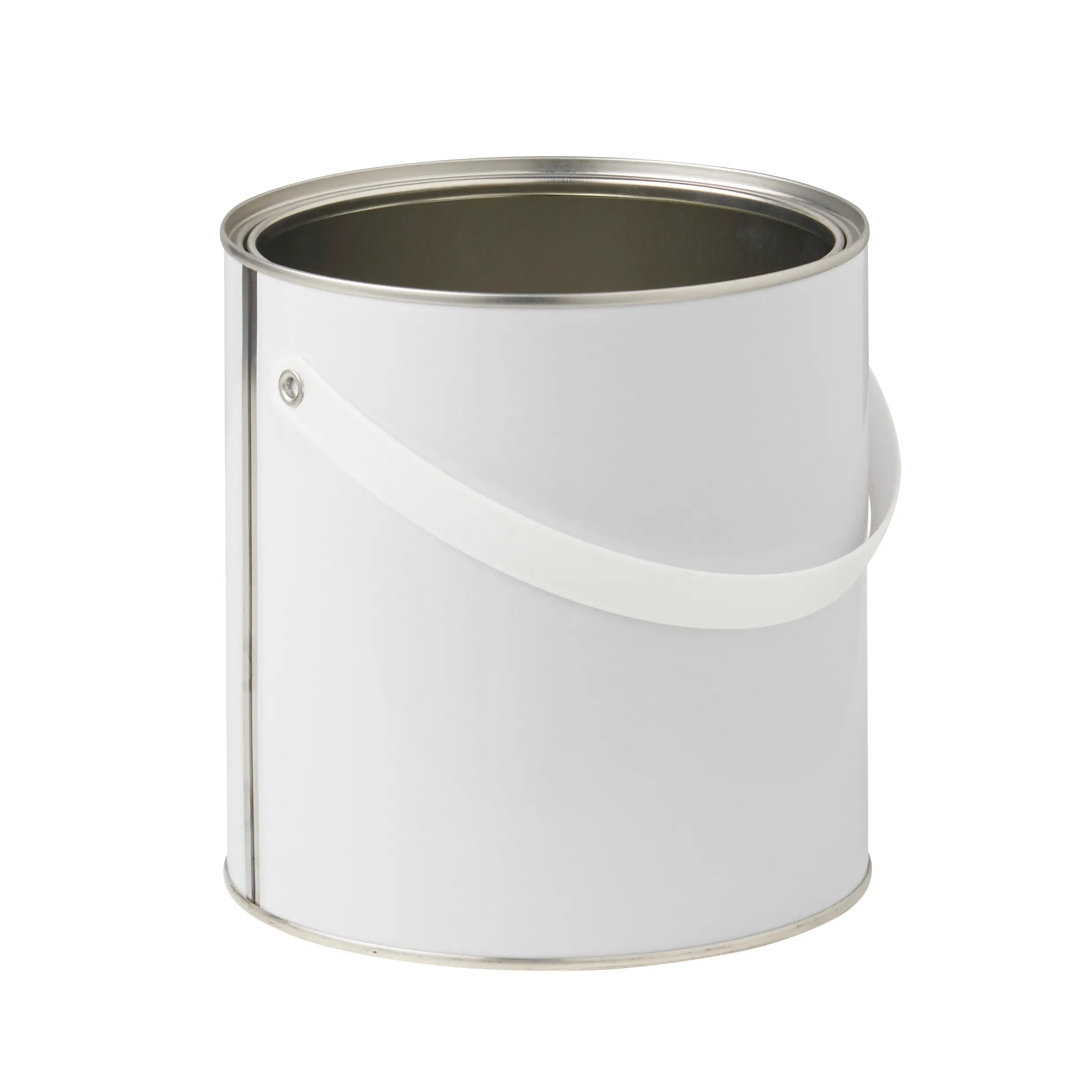The International Organisation for Standardisation, or ISO certification, introduced standardisation across goods and services, to make life simpler and business easier between countries. The ISO standards continues to be an independent non-governmental global network that now has representatives from 170 countries.
The reach of ISO is extensive, and there are currently 25,252 International standards covering technology, management and manufacturing. Every ISO standard will address one of three key objectives;
- To make products compatible so they fit and work well together.
- To identify safety issues of products and services.
- To share good ideas and solutions, technological know-how and best management practices.
Today's global supply chains and a worldwide marketplace mean that standardisation is more important than ever. ISO certification helps to deliver continuity of product, safety and service standards, as well as helping businesses follow best practices whether they're in Merthyr Tydfil or Mumbai.

ISO sets Standardisation Worldwide. Image Source: ISO
What is ISO 9001?
ISO 9001 relates to Quality Management Systems (QMS). A QMS is a structured system that documents processes, procedures, and responsibilities. A QMS helps businesses run efficiently and helps ensure customer needs are met.
ISO 9001 is one of five QMS standards set by ISO. These ISO standards are designed to be applicable across all industries regardless of the size of the business or the products or services it offers. ISO certification is evidence that an appropriate Quality Management System is in place.
The full list includes:
- ISO 9000 - The fundamentals of QMS.
- ISO 9001 - The requirement standard that must be met.
- ISO 9002 - The model for quality assurance in production and installation.
- ISO 9003 - For quality assurance in final inspection and test.
- ISO 9004 - Guidance on achieving sustained organisational success.
There have been five editions of ISO 9001 standard since 1987, the current edition is 2015, which is why it's also called ISO 9001:2015. This QMS model is scheduled to be the set standard for the next 25 years. However, there is a provision in place for it to be revised as required, following feedback from professionals.
Over 1 million companies are certified for ISO 9001 worldwide, making it one of the most widely recognised ISO certificates.

An effective QMS encourages business to evolve, harnessing new technology is just one way to improve efficiency.
What are the Requirements for ISO 9001?
The methodology of ISO 9001:2015 is performance-driven. Combining a process approach with risk-based thinking allows businesses to be agile and efficient in response to customer needs. ISO 9001:2015 has ten sections, each designed to help businesses build an effective Quality Management System. The first sections are informational, whilst the others focus on achieving operational excellence through proper leadership, support and making decisions based on data and information analysis.
The ten sections are;
- Scope
- Normative references
- Terms and definitions
- Context of the organisation
- Leadership
- Planning
- Support
- Operation
- Performance Evaluation
- Continual improvement.
Underlining each aspect of the QMS should be a Plan, Do, Check, Act approach at all levels of the organisation. This mindset enables flexible and effective working practices to evolve as customer needs or business conditions change.
To achieve ISO certification a business must demonstrate that standards have been met across all areas. The certificates are not issued directly by ISO but by independent auditors.
ISO 9001 is not graded, an organisation either has the standard or it doesn't. It must also be renewed at regular intervals, usually every three years, so ISO standards must be maintained for each accreditation.

Why is ISO 9001 Important?
ISO 9001 standards matter because they formalise the Quality Management System process. It's a global standard that's trusted worldwide and because the certification is awarded by an independent assessor, businesses and customers alike can be confident the ISO 9001 standard has been properly met.
But ISO 9001 is about more than a certificate. Used properly a QMS maximises efficiency and helps businesses serve their customers better. Following good management practices makes business sense. Committing to the effective use of resources, setting out Standard Operating Procedures (SOP), and regular evaluation, builds success and long-term growth.
ISO 9001 and Invopak
Accreditations are a useful signpost that a company is well run, and the ISO 9001 certification is just one measure that helps us deliver great service and value to customers. External assessment helps us flag areas for improvement and ensure that our processes and procedures work as they should. This is why we've invested time and resources to gain BRC AA, Investors in People Gold, Feefo Gold and Cyber Essentials Plus, as well as ISO 9001.
Invopak is an Involvement brand, so evaluating our processes and procedures to ensure they are fit for purpose is central to how we operate. We have a 1% improvement platform so that anyone in the business can put forward ideas. This means the people doing the job have the power to make things better, whether that's a magnetic broom for the warehouse or an advanced piece of software, each small improvement adds up to making a big difference.

A 1% Improvement idea put into practice - keeping the yards clear of debris with a magnetic broom.






